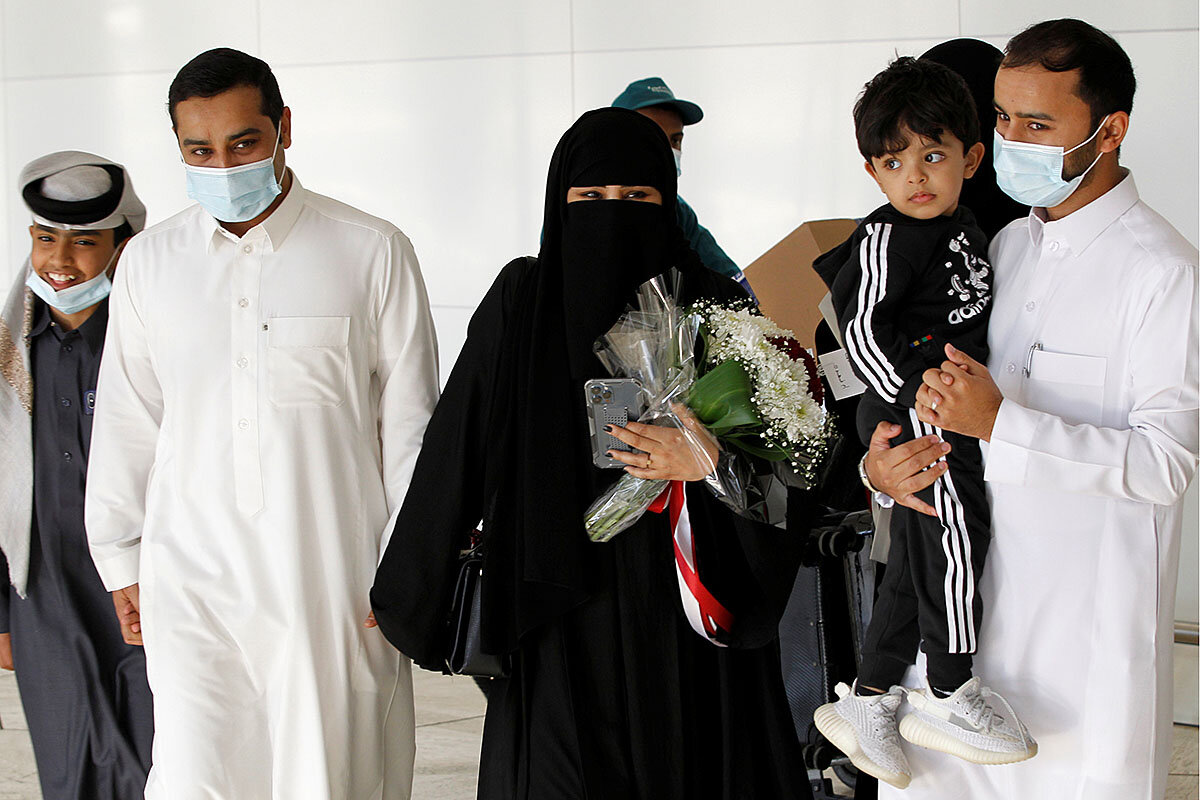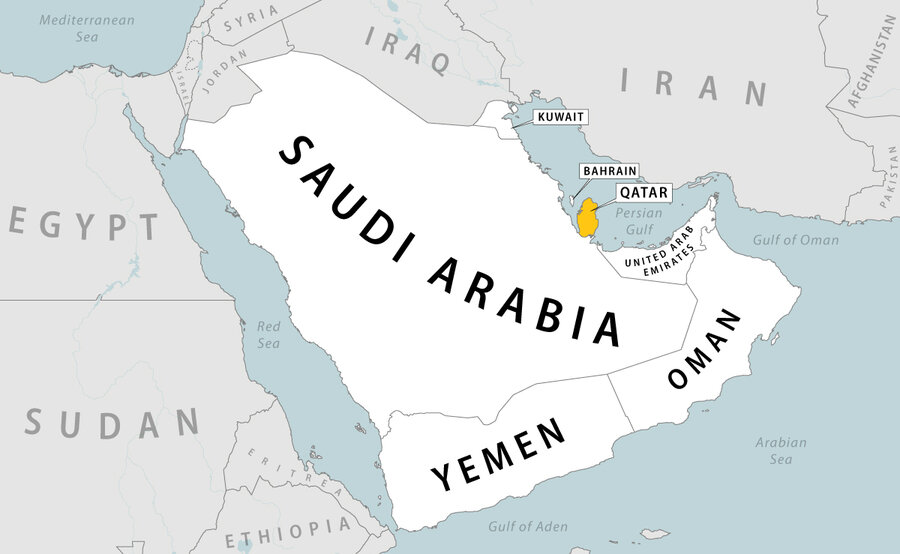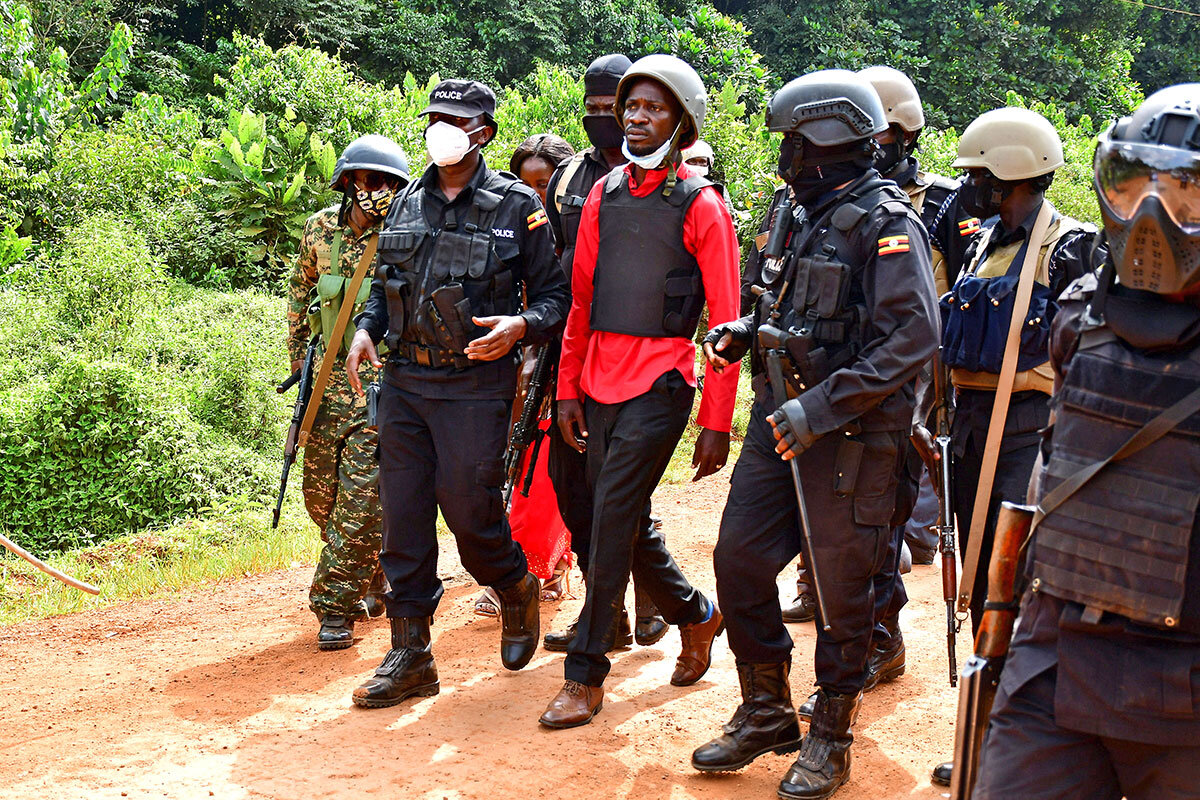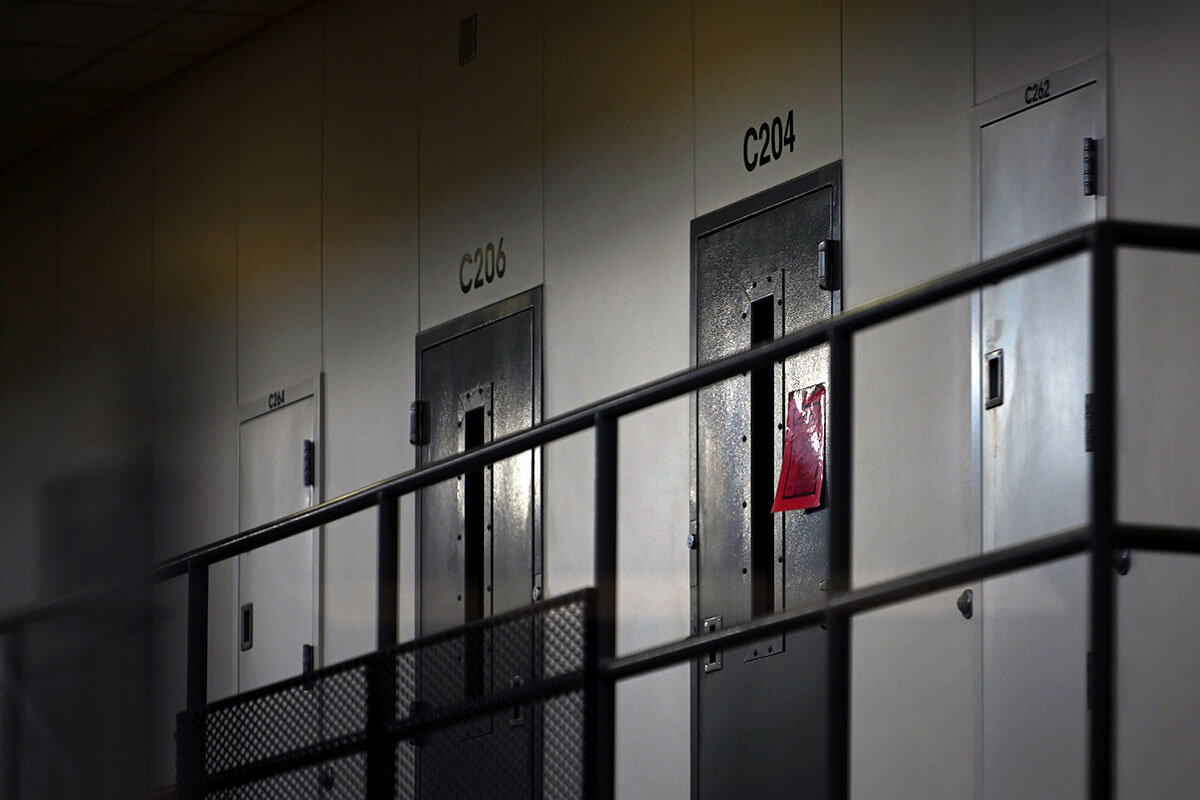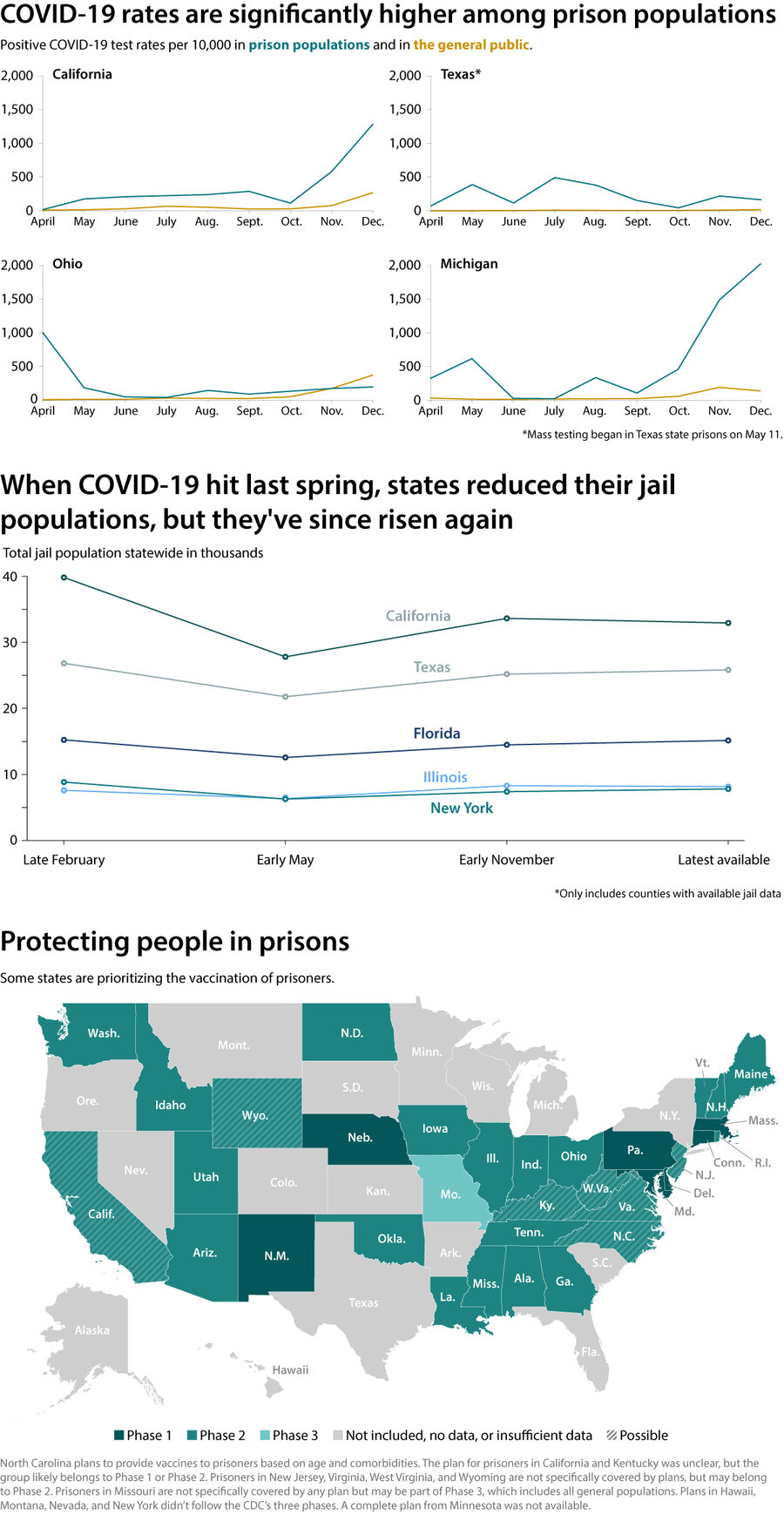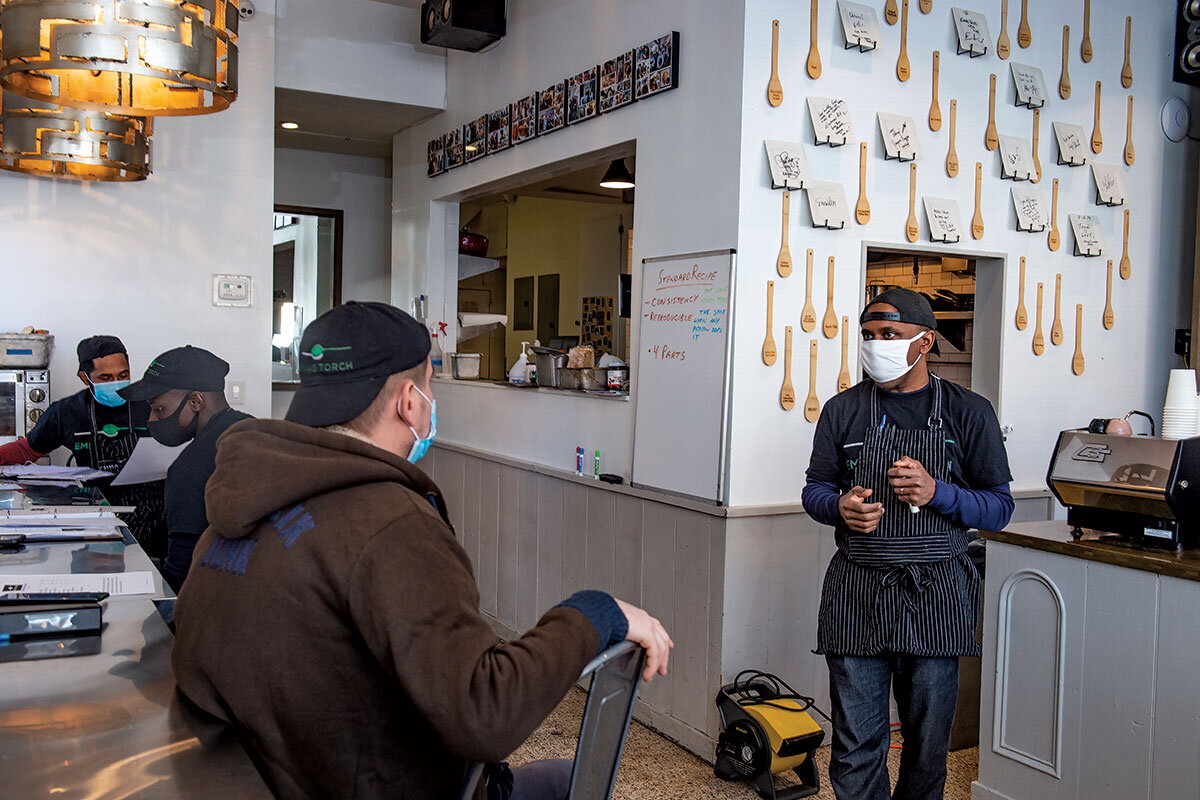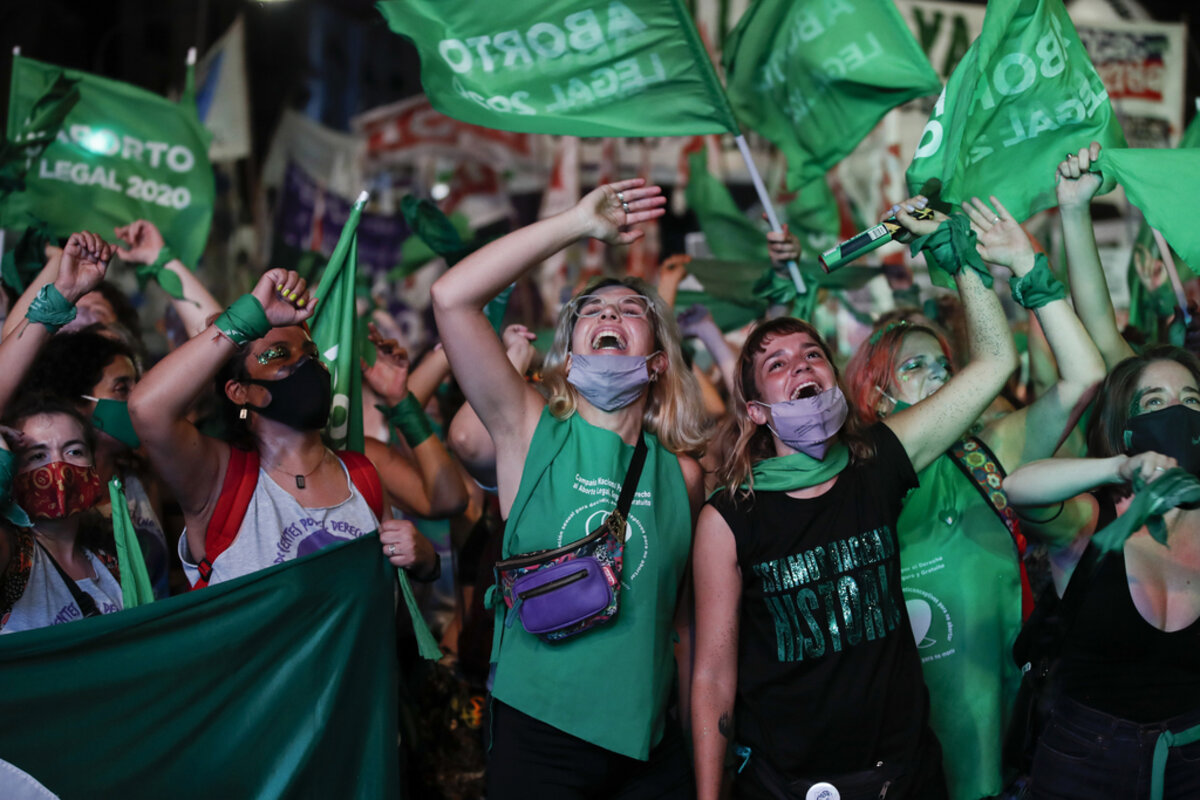Argentina embarked this week on a dramatic process of redemption. It is dropping all criminal charges and annulling all convictions against women who either terminated or lost their pregnancies. The move follows passage last month of a landmark bill legalizing abortion. It is expected to become law within days, making Argentina only the third country in Latin America to give women full control over their reproductive decisions.
The new law reflects shifting priorities and attitudes across Latin America coinciding with the growing role of women in government and civic affairs. When he proposed the abortion bill, President Alberto Fernández acknowledged “a dilemma”: “The criminalization of abortion is of no use. It has only allowed abortions to occur clandestinely in troubling numbers.” But his motives were more than pragmatic. The government, he argued, had an obligation to care for all its citizens regardless of their personal decisions.
The new law is catching up to an often-unrecognized reality: Women have been at the forefront of social movements in Latin America for decades. During the last military regime in Argentina, from 1976 to 1983, women whose husbands and children disappeared at the hands of the state formed a protest movement that radically transformed traditional attitudes toward women and motherhood. “To be a mother became more than caring for and educating children,” noted Cecília Sardenberg at the Federal University of Bahia in Brazil. “It also meant defending their rights.”
That ideal endures in the social movements led by women in Latin America today. In 2012, for example, Camila Vallejo led university students in Chile in protests of government funding of education. She is now a member of Congress. In Argentina, 42% of senators and 39% of deputies (serving in the lower legislative chamber) are women. In Bolivia, women make up 52% of parliament. Mexico last year made gender parity a requirement in all three branches of government.
It is unclear how many women in Argentina will benefit from the decision to drop criminal punishment for terminated pregnancies. But even partial numbers indicate the extent of the harm done. Since 2012, when the last reforms were enacted, allowing abortion only in cases of rape or when the woman’s life was endangered, an estimated 38,000 illegal abortions have been performed annually. According to a study by the Center for Legal and Social Studies (CELS) in Buenos Aires published last month, more than 1,500 women in 12 of 23 provinces faced criminal liability in some form for losing a pregnancy through either abortion or miscarriage.
The cost of strict abortion bans in Latin America is severe. In Argentina alone, an estimated 3,000 died of unsafe procedures since 1983. Poor women were disproportionately affected. As the CELS study notes, women suffering from the effects of bad procedures were often turned away by medical professionals. Even women who suffered miscarriages were subject to prison, abuse, and stigmatization.
Explaining her vote in favor of the bill, Sen. Nora del Valle Giménez said, “I choose to see the thousands of young people who are calling on us to pass this law and join in the consolidation of democracy – who demand ... to participate in the construction of a country with less exclusion, more equality, and more rights.”
In societies where women have long been seen more as symbols of “the stability and continuity of the race,” as the Mexican writer Octavio Paz put it, than as individuals in their own right, Argentina has signaled a profound shift. Through a recognition of the dignity and worth of women, democracy is being renewed.
 Howard LaFranchi
Howard LaFranchi





